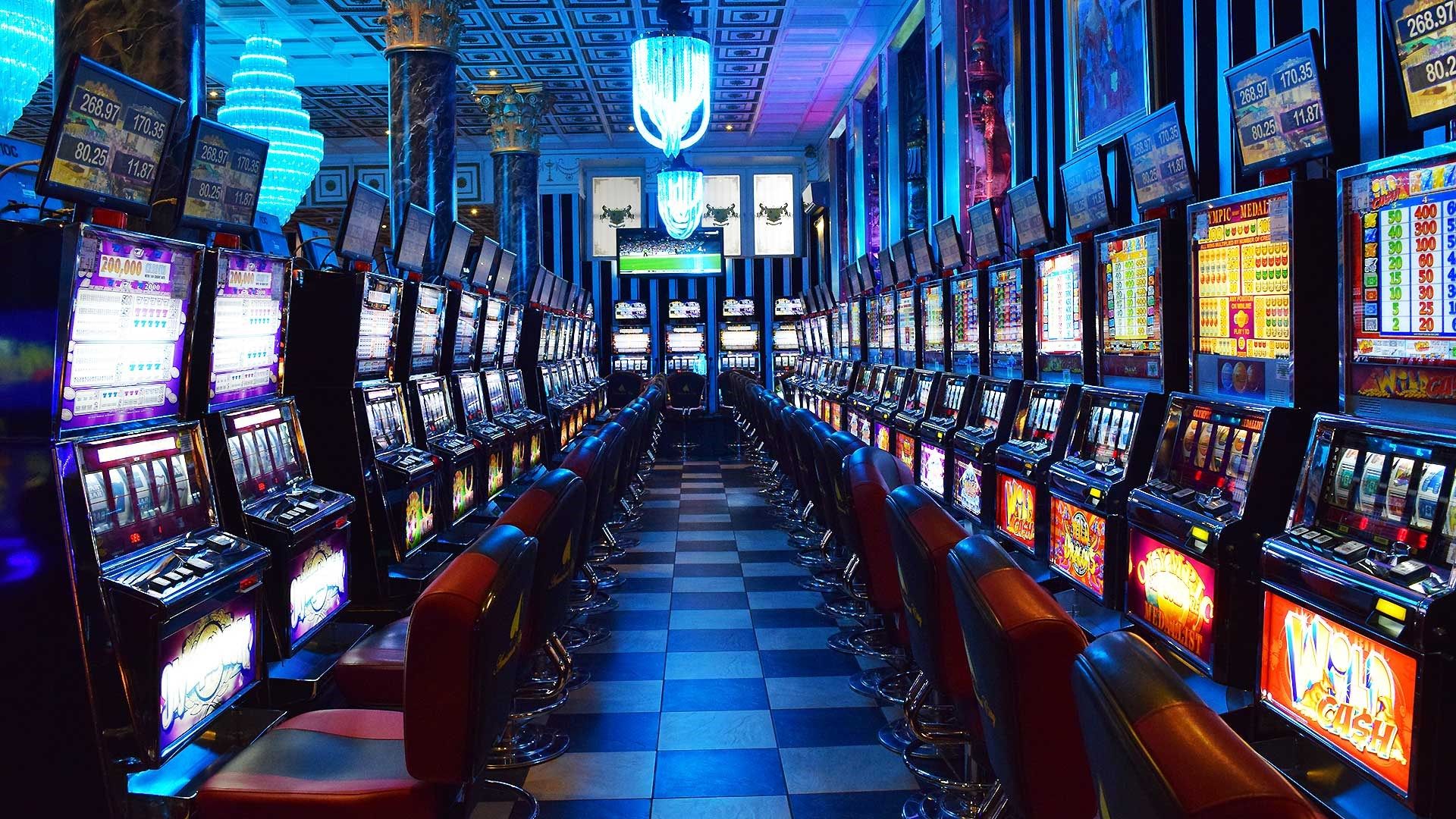
Casino entertainment have long been a staple in human culture, delivering not just entertainment but a intriguing reflection of our aspirations, dreams, and concerns. From the turning reels of a slot machine to the skill-based strategies of poker, these games represent a range of human sentiments and experiences. At their core, casino games are more than a chance to earn cash; they are a snapshot of life itself, where risk and reward merge and fortunes can change in an moment.
As players assemble around tables or sit in front of brightly lit machines, they participate in a ritual that transcends mere betting. These games reflect our natural desires for relationships, thrill, and the pursuit of luck. They also reveal deeper truths about human nature, such as our relationship with luck and the thrill of risk. In exploring casino games, we discover not only the nuances of play but also the complex weave of the human story, showcasing our interconnected narratives of aspiration and reality.
The Mind Behind Gambling
Gambling is intrinsically connected in human psychology, appealing to various feelings and desires. The thrill of risk-taking is a core aspect that draws players in, whether the thrill of spinning a roulette or the excitement of drawing a winning hand in poker. This rush of adrenaline is often compared to other forms of excitement, as the uncertainty of outcomes triggers a unique psychological response. Gamblers often find themselves captivated by the possibility of striking it rich, leading to an almost magnetic draw toward gambling games.
Another, a crucial component of the psychology behind gambling is the concept of hope and aspiration. Participants often indulge in dreams of financial freedom and the opulent lifestyle that can accompany winning. This hope fuels their ongoing participation in gambling, as it provides a sense of meaning and the conviction that a life-changing win could be just one wager away. The narrative of overcoming odds and finding success resonates with many, reinforcing their commitment to play and involve themselves with these games.
Finally, social dynamics play a crucial role in gambling psychology. Gambling venues are designed to promote social interaction, where gamblers gather to share the journey of wins and losses. This communal aspect not only amplifies enjoyment but also affects behavior, as individuals often imitate the actions of others in their vicinity. The collective approval found in mutual thrill can enhance the emotional experience, making casino games a mirror of not just personal desires but also collective engagement within the gaming community.
## The Dual Nature of Risk and Reward
Casino games embody the fragile balance between danger and gain that resonates profoundly with human psychology. The excitement of placing a wager is often accompanied by a surge of excitement, as players are confronted with the chance of a huge payout, yet fully aware of the possibility to lose. This twofold experience reflects a core aspect of life: the decisions we face often come with intrinsic risks, and the pursuit of reward can drive us to take chances we might not otherwise consider. In this way, casino games reflect real-world decisions, enticing players to gamble not just their capital, but also their hopes.
The allure of big prizes and winnings fuels a wave of hope, motivating players to envision a more promising future that could manifest from a fortunate turn of the roulette or dealing of a hand. This optimism can motivate individuals to engage in more daring actions, encouraging them to push their boundaries in search of economic benefit. However, just as in life, the results of these risks can lead to both triumph and failure. The narratives of both jackpot winners and those who have faced losses everything at the tables demonstrate the random nature of chance and its consequential repercussions on our lives.
Ultimately, the interaction of engaging with casino games serves as a vivid illustration of the human condition. Every round played is imbued with the tension of uncertainty, as players weigh the gains against the dangers. This dynamic not only highlights the thrill that comes with betting but also unveils the weaknesses that come with the desire for more. As we navigate the challenges of choice and consequence in both the casino and in life, we find that the pursuit of risk and reward shapes our character and lives in significant manners.
Culture and Loneliness in Gambling Culture
Casino environment is a special blend of communal engagement and personal pursuit, reflecting the contrasts of human experience. Gamblers often come together around tables, experiencing in the excitement of the game, rejoicing in wins, and commiserating over losses. This communal aspect is essential, as it creates a sense of belonging and bonding among varied groups of people. Regular visitors to casinos may form friendships and establish routines, turning the gambling venue into a second home where they feel connected to a greater community of gamblers.
However, the attraction of casino activities can also lead to isolation. As individuals become immersed in the excitement of gambling, they may withdraw from personal connections or fail to interact with the world outside the casino. For some, the pursuit of a windfall can overshadow genuine relationships, leading to isolation. FUN88 The situation of being surrounded people yet feeling solitary is not uncommon, as the focus shifts from collective fun to the private stakes of each individual’s journey.
This interaction of society and isolation creates a rich mosaic that defines casino atmosphere. It showcases the complexity of human interactions, where joy and despair exist together. Gambling venues serve as both a sanctuary for social engagement and a stage for individual challenges, demonstrating how deeply connected our desire for companionship and the personal quest for fortune can be. In navigating this environment, players confront their own stories—seeking both the thrill of the game and the fellowship of other gamblers, ultimately reflecting the broader spectrum of individual experience.
